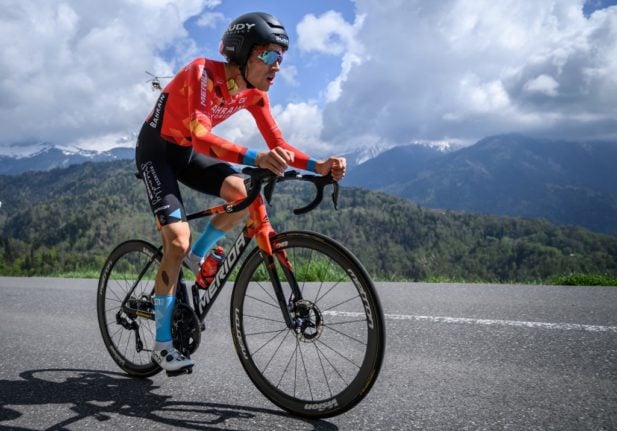Prosecutors had accused the 1997 Tour de France winner of taking performance-enhancing drugs, leading under German law to fraud charges against the 34-year-old on the basis he deceived the public, sponsors and his team.
“The Bonn prosecutor has, with the agreement of the seventh Bonn chamber of appeal, decided to lay aside procedures in the case of suspected fraud targeting Jan Ullrich,” the prosecutor’s office said, adding the fine was “in six figures” without elaborating further.
On his website Ullrich said he was happy with the outcome. “The payment of this fine is not a recognition of guilt … it allows (me) to free my family from the pressure surrounding this procedure,” he said. “I never cheated anyone in my whole career nor did I prejudice anyone. I was always a loyal sportsman, my victories were the result of hard work and passion for my sport,” he insisted.
Ullrich has insisted he did not take banned substances but has paid up a sum reported to be anything between 100,000 and one million euros, a sum reported Saturday by Focus news magazine on its website. Under German law, Ullrich, who retired early last year, had the option to settle the matter out of court if he paid up and duly did so.
German law does not recognize doping as such, hence the charge of fraud. Despite the denials by the former leader of the T-Mobile team in April last year German officials indicated that DNA tests had suggested blood samples uncovered in the wake of the Puerto investigation in Spain were from the racer.
As a result of that investigation T-Mobile sacked Ullrich and he retired in February last year. The 32-year-old still faces further investigation in Germany and Switzerland in connection with the Spanish affair.


 Please whitelist us to continue reading.
Please whitelist us to continue reading.